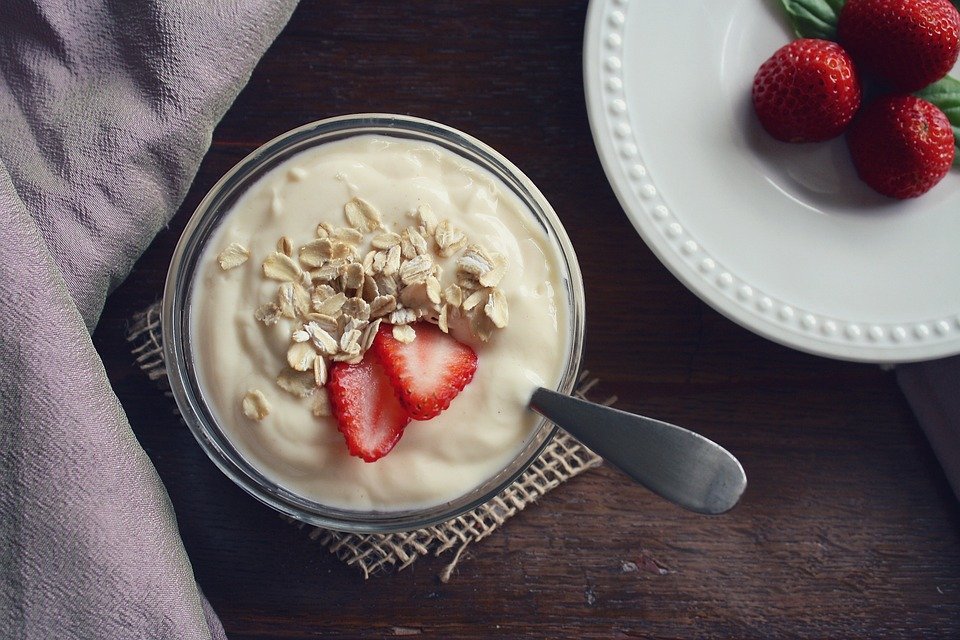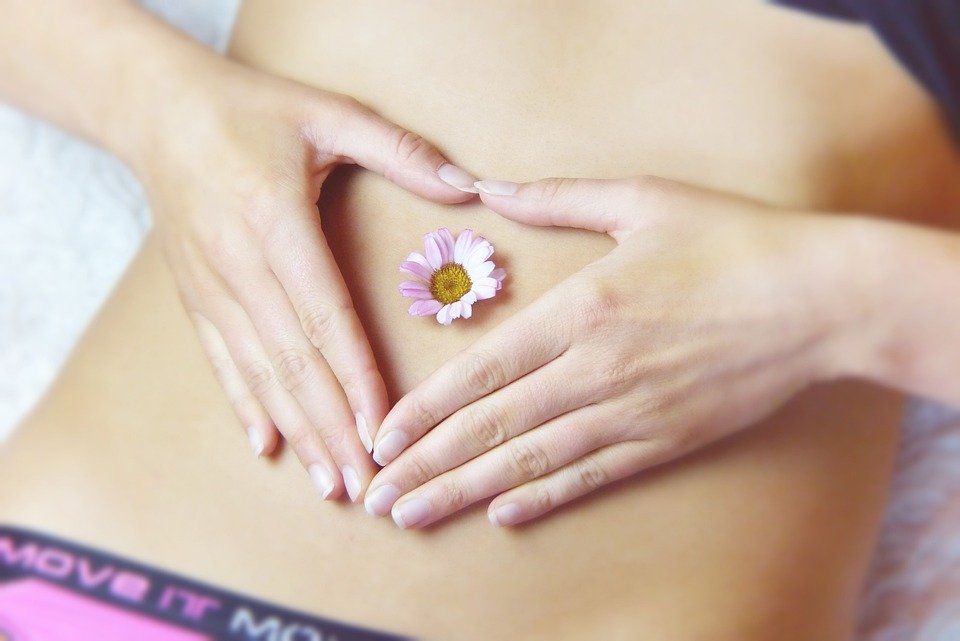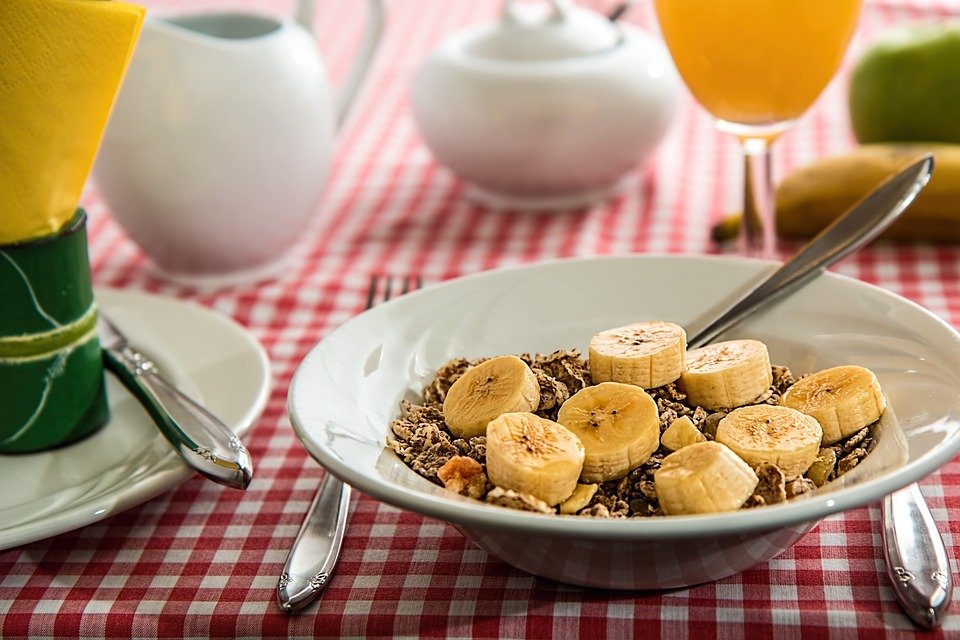Lose Weight How Much Water Should I Drink
Lose Weight: How Much Water Should I Drink?
Introduction:
Losing weight can be a challenging journey, and there are countless methods and strategies out there claiming to be the solution. However, one simple yet often overlooked aspect of weight loss is the importance of staying hydrated. Water is not only crucial for our overall well-being but can also play a significant role in shedding those extra pounds. In this article, we will explore the relationship between water intake and weight loss, and answer the question: how much water should I drink to lose weight effectively?
The Link Between Water and Weight Loss
Water is an essential element for our bodies to function properly. It aids in digestion, circulation, and the transportation of nutrients, among many other vital processes. But how does it relate to weight loss?
1. Water as a Natural Appetite Suppressant:
When embarking on a weight loss journey, controlling our appetite is crucial. Interestingly, drinking water before meals can help curb our hunger. Water acts as a natural appetite suppressant, making us feel fuller and reducing the chances of overeating. Moreover, it contains zero calories, making it a great alternative to sugary beverages or snacks that contribute to weight gain.
2. Enhancing Metabolism:
Metabolism, the process by which our bodies convert food into energy, plays a significant role in weight loss. Studies suggest that adequate water intake can boost our metabolism, leading to increased calorie burning. Water has a thermogenic effect, meaning that it raises our body temperature slightly, resulting in a higher metabolic rate. This can aid in weight loss by helping burn more calories throughout the day.
3. Water as a Detoxifier:
Toxins can accumulate in our bodies due to various factors, such as poor diet choices or environmental pollutants. These toxins can hinder our weight loss efforts by affecting our metabolism and overall health. Drinking enough water helps flush out these toxins through urine and sweat, promoting a healthier body and facilitating weight loss.
Determining Your Water Intake for Weight Loss
Now that we understand the significance of water in our weight loss journey, let’s delve into the question of how much water we should drink to maximize its benefits.
1. The 8×8 Rule:
One popular recommendation is the 8×8 rule, which suggests drinking eight 8-ounce glasses of water a day, totaling 64 ounces. While this guideline is a good starting point, it may not be suitable for everyone. Factors such as age, weight, activity level, and climate can affect our water needs.
2. Body Weight Calculation:
A more personalized approach is to calculate your water intake based on your body weight. As a general guideline, aim to drink half an ounce to an ounce of water per pound of body weight. For instance, if you weigh 150 pounds, you should consume approximately 75 to 150 ounces of water daily. However, keep in mind that this calculation is a rough estimate, and individual variations apply.
3. Thirst and Hydration:
Listening to our bodies’ signals is crucial when determining our water intake. Thirst is a reliable indicator that our bodies need hydration. Additionally, factors like physical activity, sweating, or exposure to hot weather increase our water requirements. It is essential to replenish the fluids we lose during these circumstances to maintain optimal hydration levels.
Optimizing Water Intake for Weight Loss Success
Now that we have a clearer understanding of how much water we should drink, let’s explore some tips to optimize our water intake for effective weight loss.
1. Spread Out Water Consumption:
Rather than chugging down large amounts of water in one sitting, it is better to spread out your water intake throughout the day. This allows for better absorption and utilization of the water by our bodies. Consider carrying a reusable water bottle and setting reminders to ensure you stay hydrated consistently.
2. Replace Sugary Beverages:
Sugary drinks like soda, juice, or energy drinks not only contribute to weight gain but also lack the hydrating benefits of water. By replacing these sugary beverages with water, you can significantly reduce your calorie intake while promoting weight loss and overall health.
3. Infuse Water with Flavor:
If plain water becomes monotonous, try infusing it with natural flavors. Add slices of lemon, cucumber, mint, or berries to your water for a refreshing and tasty twist. This can make drinking water more enjoyable and encourage you to reach your daily intake goals.
4. Monitor Urine Color:
Monitoring the color of your urine is an excellent way to gauge your hydration levels. A pale yellow or clear color indicates good hydration, while dark yellow or amber-colored urine may suggest dehydration. Aim for lighter-colored urine to ensure you are adequately hydrated.
Conclusion
Water is a fundamental component of our weight loss journey. By understanding the link between water intake and weight loss, we can utilize this powerful tool to our advantage. Remember that the amount of water each person needs can vary, so it is essential to consider factors such as body weight, activity level, and climate. By staying hydrated, spreading out water consumption, and replacing sugary drinks, we can optimize our water intake and support our weight loss goals. So, grab that water bottle, take a sip, and cheers to a healthier, hydrated, and slimmer you!
Commonly Asked Questions Regarding Lose Weight How Much Water Should I Drink
1. Why is drinking water important for weight loss?
Drinking water is crucial for weight loss because it helps to boost metabolism, suppress appetite, and improve digestion.
– Water boosts metabolism by increasing the number of calories your body burns.
– It helps to suppress appetite, making you feel fuller and reducing the chances of overeating.
– Water improves digestion by aiding in the breakdown and absorption of nutrients from food.
2. How does water help in burning calories?
Water helps in burning calories by increasing the metabolic rate and promoting thermogenesis in the body.
– Drinking water can temporarily boost metabolism by up to 30%.
– Water is essential for thermogenesis, a process where the body produces heat and burns calories to maintain its temperature.
– Staying hydrated allows your body to efficiently convert stored fat into energy, aiding in weight loss.
3. How much water should I drink daily for weight loss?
The amount of water you should drink daily for weight loss depends on several factors, including your body weight, activity level, and overall health.
– A general guideline is to drink at least 8 cups (64 ounces) of water per day.
– However, individual needs may vary, and it is recommended to drink half of your body weight (in pounds) in ounces of water.
– For example, if you weigh 150 pounds, you should aim to drink 75 ounces (approximately 9 cups) of water per day.
4. Can drinking more water help reduce water retention and bloating?
Yes, drinking more water can help reduce water retention and bloating.
– When your body senses dehydration, it tends to retain water, leading to bloating and water weight gain. Drinking enough water signals your body that it is adequately hydrated, reducing water retention.
– Water also acts as a natural diuretic, flushing out excess sodium and toxins from the body, further reducing bloating.
– By staying hydrated, you can maintain a proper fluid balance and minimize bloating and water retention.
5. Are there any additional benefits of drinking water for weight loss?
Yes, apart from aiding in weight loss, drinking water offers several additional benefits.
– Water helps to flush out toxins from the body, promoting overall detoxification and improving skin health.
– Proper hydration supports healthy kidney function by helping them efficiently remove waste products from the body.
– Drinking water can also improve energy levels and enhance physical performance during exercise, leading to more effective workouts and increased calorie burn.
Myth 1: Drinking More Water Will Help You Lose Weight
Drinking water is often touted as a magical solution for weight loss, but the reality is more complex. While staying hydrated is important for overall health, it is not a direct cause of weight loss. Water does not have any magical properties that can burn fat or increase metabolism. The notion that drinking more water can lead to weight loss is a misconception that needs to be debunked.
Myth 2: There is a Specific Amount of Water You Should Drink to Lose Weight
Another common misconception is that there is a specific amount of water that one should drink to lose weight. The truth is that the amount of water a person needs to consume varies depending on various factors such as age, weight, climate, activity level, and overall health. While it is essential to stay adequately hydrated, there is no one-size-fits-all answer to how much water one should drink for weight loss.
Myth 3: Drinking Water Before Meals Will Suppress Your Appetite
It is often believed that drinking water before meals can help suppress appetite and lead to weight loss. While there is some truth to the idea that drinking water before a meal can make you feel fuller, the effect is often temporary and may not significantly impact overall calorie intake. It is important to note that weight loss is a complex process that involves various factors, and simply drinking water before meals is unlikely to be a panacea for weight loss.
Myth 4: Drinking Cold Water Burns More Calories
Some people believe that drinking cold water can boost weight loss because the body needs to expend energy to warm up the water to body temperature. While it is true that the body burns a few extra calories when it works to warm up cold water, the effect is minimal and unlikely to have a significant impact on weight loss. Therefore, relying solely on drinking cold water as a weight loss strategy is a misconception.
Myth 5: Drinking Water Alone Will Lead to Significant Weight Loss
Many people mistakenly believe that by increasing their water intake, they can achieve significant weight loss without making any other changes to their diet or lifestyle. While drinking water is important for overall health and can play a role in weight management, it is not a standalone solution for weight loss. Sustainable weight loss requires a combination of healthy eating, regular physical activity, and behavior modifications. Drinking water alone, without addressing other aspects of a healthy lifestyle, is unlikely to lead to significant weight loss.
Lose Weight How Much Water Should I Drink
#Lose #Weight #Water #Drink


